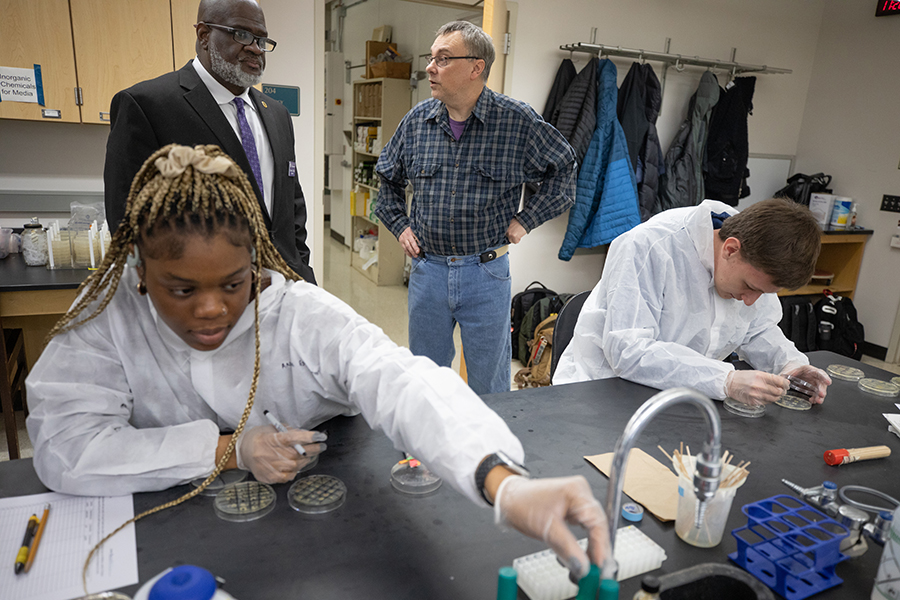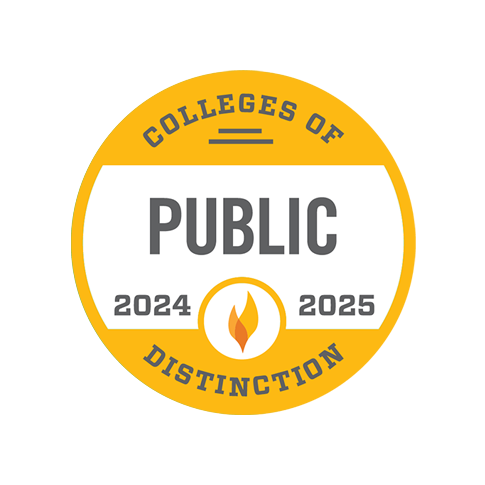Welcome to 新2025飞艇记录查询精准网-官方168飞艇开奖查阅历史号码,168结果数据分析|UW-Whitewater
At the University of Wisconsin-Whitewater we invite you to be bold here. You’ll find two campuses with plenty of room to boldly explore as you learn, grow and thrive. Warhawks enjoy the bragging rights of paying less — our combined tuition, room/board and fees is the lowest of the four-year campuses in Wisconsin. With that low cost comes great value — Warhawks graduate career-ready, with 98% employed in their field or in graduate school post-graduation.
At UW-Whitewater, tremendous value comes with a full-on college experience: almost 12,000 students, a complete range of academic programs and caring faculty and staff dedicated to student success. We graduate the most licensed teachers in Wisconsin, and our business school is Wisconsin’s largest.
Already own a bachelor’s degree? Find your fit in our School of Graduate Studies, which has more than 40 in-person and online master’s programs to choose from, including the top-ranked MBA program in Wisconsin.
And do you like to win? Our championship tradition extends from our NCAA Division III athletics and the celebrated Warhawk Marching Band to our award-winning American Marketing Association, Enactus, forensics and media arts and game development teams.
Do you think you might belong here, too? Find out more by visiting our Admissions Department.
¡Se habla español! Visita nuestro sitio web.
We’re still accepting applications for fall 2025!
SOAR HERE
Our students don’t just graduate — they take wing. We couldn’t be more proud of our graduating students and what they have achieved — from internships to study abroad experiences to that first job offer, accepted even before graduation.
98% of graduates employed or in grad school within a year
16,000 employers recruit students on Handshake, our campus job board





















